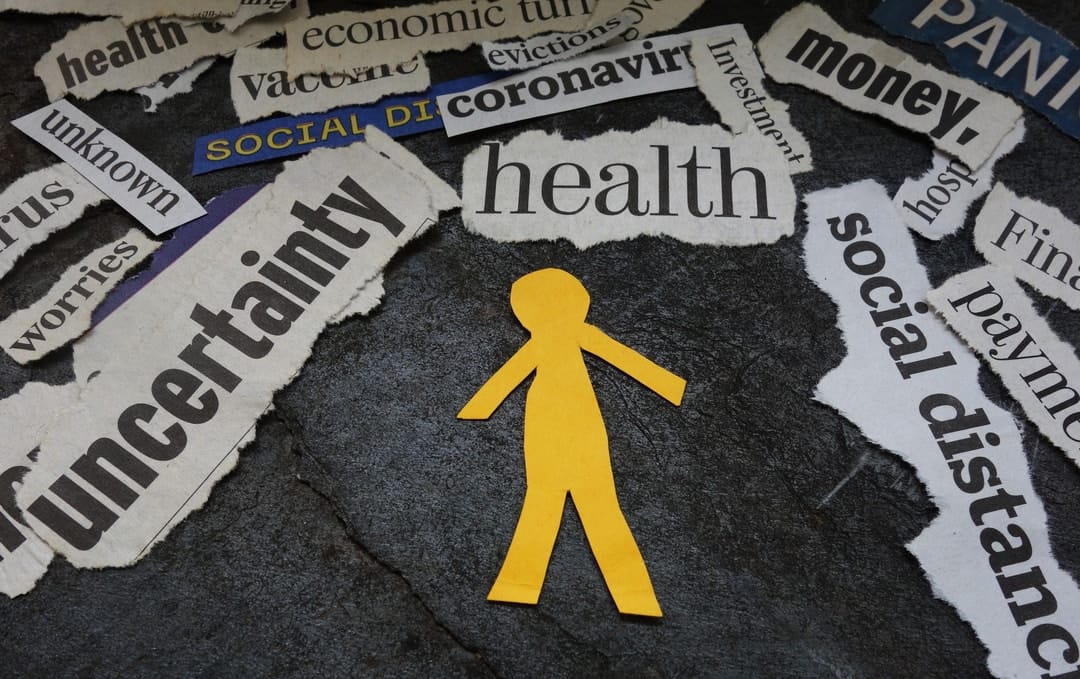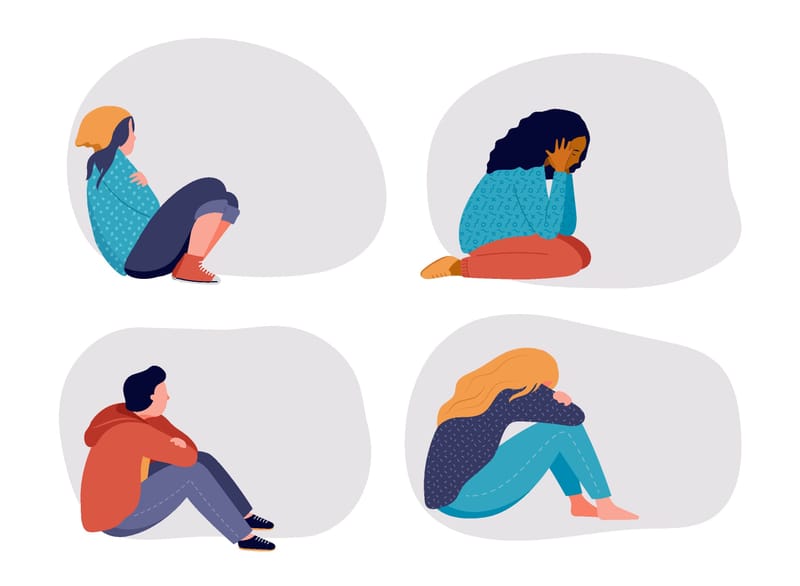
On Monday morning, 29 March, at 9.30, I was one of 40 lucky people to be given their first shot of the AstraZeneca vaccine at the Southbank Convention Centre, locally known as Jeff’s Shed.
I am in category 1B, and therefore eligible. But according to Jeroen Weimar, Victoria’s Commander of Testing and Community Engagement, I should not have been vaccinated, because the focus at that time was on “frontline/essential workers”.
How did this mistake happen?
The main factor was multi-layered confusion.
Who was confused?
Everyone involved in running Jeff’s Shed:
- The administrative assistants who only asked for my Medicare card and driver’s licence to show I was eligible.
- The nurses and doctors who gave me the jab after checking my medical history.
- The nurses giving me the injection told me that they had no idea where to report for work that morning. They had initially turned up at the Royal Exhibition Building in Carlton only to be told that their shifts were on the other side of town in the “other vaccination hub” in Southbank.
- The staff in the observation room who gave me a card with the date of my injection, and told me that a few weeks prior to the second jab I would be contacted by SMS for an appointment time. They also rewarded me with a parking voucher.
- Most of the other people in the large observation room, who, judging from their walking sticks and wheelchairs, were, like me, not employed in essential services.

In short, the entire staff, and the aged, jab-seeking enthusiasts in Jeff’s Shed that morning, didn’t know that only “frontline, essential workers” were supposed to get the AstraZeneca vaccine at that time.
My search for a vaccination site to get the jab as quickly as possible is a common story but, unlike others, I succeeded on the first day that I tried. Friends in Perth and Noosa were not so successful.
Hesitancy is not known in one family of doctors
In Perth, Chris and her husband (a retired surgeon) completed an online registration for vaccination with a local hospital after their GP told them that they had no idea whether or when any vaccine would be available.
Their son, also a doctor, checked online, and they received an appointment for five days later. But the day before their appointment the hospital rang and cancelled, saying that they were not “frontline workers”.
In the meantime, Chris’ grandson wants the AstraZeneca jabs because he works as a physiotherapist with sick people. But he’s been rejected because he’s 23, and the program for vaccination has not yet reached that age group. His family, not surprisingly, asks where does the definition of a “frontline/essential worker” begin and end?
Delays and community responses in Noosa
Another example of inexplicable delays comes from another friend, Ken, a retired professor of economics, and his wife in Noosa.
“I remember being annoyed by the fact that the government was suggesting that I get vaccinated while seemingly putting innumerable pitfalls in my way. Certainly, no vaccination hubs existed in our area.
“Having discovered we were eligible for jabs, the list of places where you could go to get a jab was misleading and inadequate. The initial list of places ranged from Gympie (about an hour north of us by car) to Caboolture (about an hour to the south).
“We could only find two places within Noosa itself, one of which said they didn't have any vaccine, had no idea when they would get it, and were not taking any bookings. The other said that they had no idea that they were on the list, and doubted whether they wanted to be on it!”
Vaccine interruptus underpins vaccine hesitancy
On 26 May, Victoria’s Chief Medical Officer, Professor Brett Sutton, said millions of people over the age of 60 had not been vaccinated owing to “vaccine hesitancy”.
But what is driving this hesitancy?
Are we speaking of a large pool of anti-vaxxers? Are millions refusing the available AstraZeneca vaccine in the hope of getting Pfizer later this year? Or are we speaking about widespread community confusion about who is eligible, and when, where and how to get the jab?
I only know of one family of five who have decided not to get vaccinated, fearing that the vaccines will have a negative impact on their DNA. All others I’ve spoken with are keen to get the jab, have demanded the jab, have been turned away – but in some cases eventually succeeded in getting their shots despite delays and frustrations.
Read more: Putting it into perspective: Here's how to improve the vaccination uptake
The main problem, it appears, is that government promises do not match reality. Chris in Perth notes that if her family of doctors had trouble finding out what to do and where to go, it must be extremely difficult for people whose first language is not English.
In 2016, 37% of people over the age of 65 were born overseas. Many of them reported that they did speak English, but such perceptions don’t always reflect their ability to locate reliable sources of information, or negotiate the phone calls and internet sites that many of us have had to engage with for many hours and days.
Missed by a long shot
By the end of May 2021, we’re two months behind the target of vaccinating four million Australians. As we stare down the fourth wave of lockdowns in Melbourne, we recall the Prime Minister declaring at the time he received his first jab on 21 February that the government program was a “game-changer”.
"The most successful and unfortunate advertising campaign began when the COVID-19 virus itself announced its return and caused the Melbourne lockdown on Thursday, 27 March."
Instead of game-changing strategies, it’s been a case of “vaccine interruptus”, with Australia under-performing the UK and US – the share of population that had received at least one dose of a vaccine on 29 May, 2021, was 14% in Australia, compared with 58% and 50% in the case of our close allies.
Australia’s performance is worse than it seems, given that two injections are needed for both AstraZeneca and Pfizer.

Australia has plenty of willing “vaccine captive” residents and workers in the aged care-disability sectors and quarantine hotels. If Canberra wants to demonstrate to the wider Australian community the importance of vaccination against COVID-19, it should publish a list of federal parliamentarians showing the date of their jabs, and what vaccine they had.
Our leaders should be out and proud. No such list exists, and no mass advertising or incentives campaigns have unfolded addressing citizens’ concerns about the vaccination program.
In the meantime, the most successful and unfortunate advertising campaign began when the COVID-19 virus itself announced its return and caused the Melbourne lockdown on Thursday, 27 March. Four days later, on 30 May, the vaccination rate increased six times compared to the 2622 doses given a week ago on Sunday.





